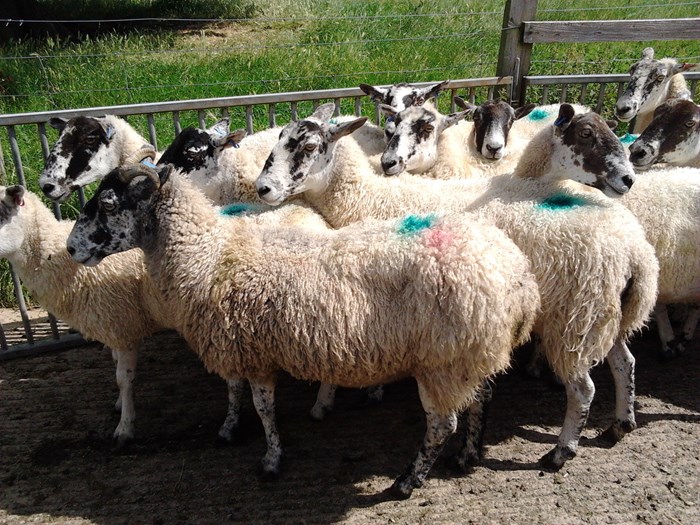Investigation of thin ewes that fail to gain weight post weaning

Ewes that fail to gain weight for no obvious reason may have an underlying disease issue.
It is common practice to separate thinner ewes at weaning and graze them preferentially on better grass. Their response should be assessed over the next six to eight weeks. It is possible for thin ewes to gain a whole body condition score in eight weeks. This is equivalent to a liveweight gain of between 100 and 150 g per day and is conditional on them being provided with good quality grass with a minimum sward height of four centimetres.
A useful link to a simple guide to ewe body condition scoring can be found on YouTube.
Ewes that fail to gain weight for no obvious reason may have an underlying disease issue and can be useful sentinels for the presence (or absence) of iceberg diseases in a flock. The euthanasia and postmortem examination of a group of two to four thin ewes that are not fit for sale is a cost-effective way of screening for conditions such as OPA, maedi visna and Johne's disease. Typical ewes with no obvious reason for poor body condition (e.g. chronic lameness, broken mouth) should be selected and may be transported live to a post mortem facility if they are fit to travel.
Consideration should also be given to flocks joining the MV and Johne's disease monitoring schemes which requires 12 or 20 thin ewes to be sampled annually
Please get in touch if you would like to discuss the submission of thin ewes or sample collection.
Posted by SRUC Veterinary Services on 31/08/2022
